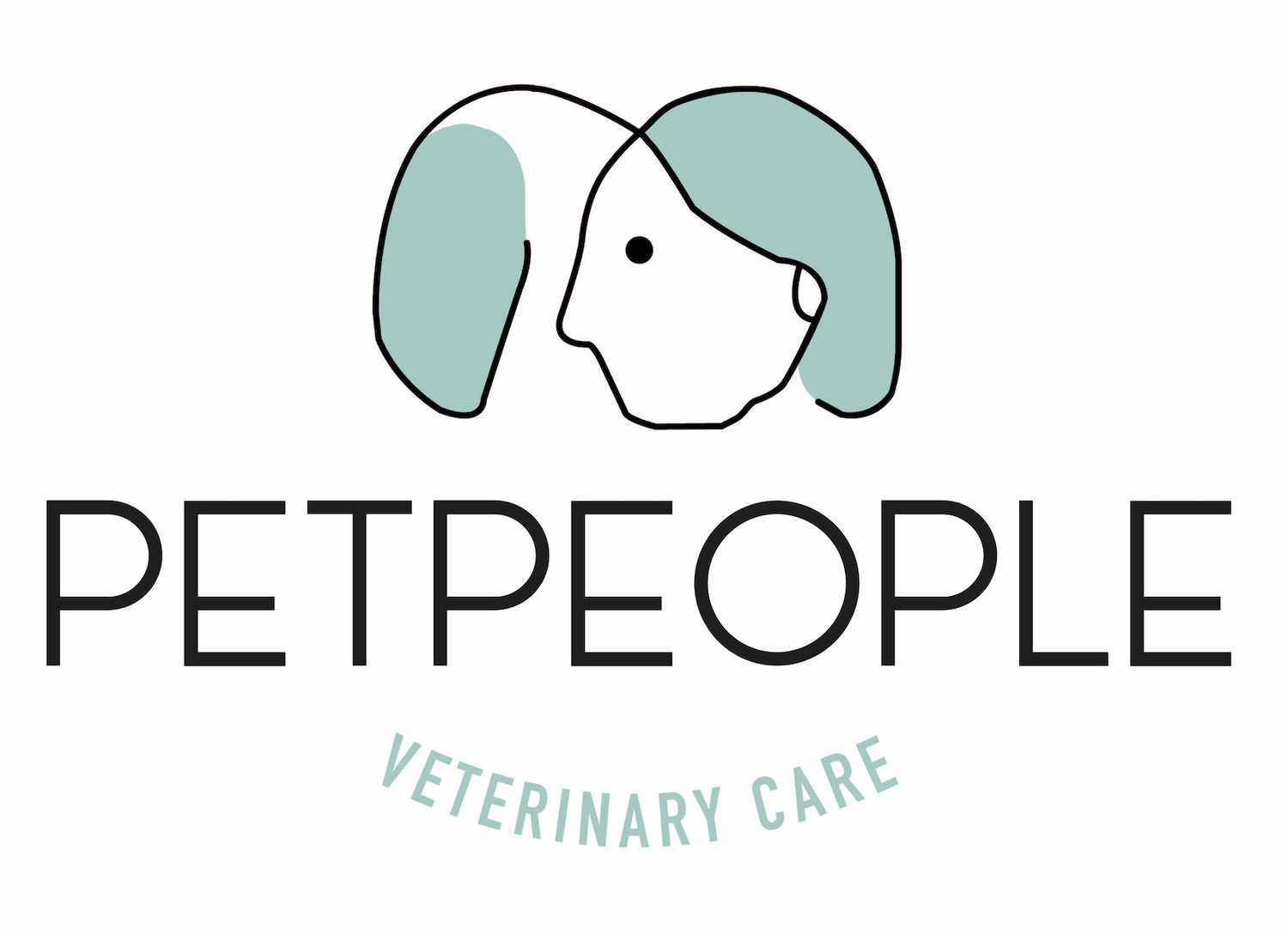Chemotherapy
At Pet People, we are committed to supporting you and your pet through the challenging journey of cancer treatment. We understand the emotional toll of a cancer diagnosis and are here to provide compassionate care and comprehensive information. Our goal is to make the treatment process as clear and stress-free as possible, helping you feel confident in the care your pet receives.
What is chemotherapy?
Chemotherapy is a type of cancer treatment that uses potent drugs to target and kill cancerous cells. In veterinary medicine, it is commonly used to attempt a cure, shrink tumours, or slow the spread of cancer in pets.
Depending on the specific condition and stage of cancer, chemotherapy can be administered in various forms, including oral pills and injections. While it can be an intensive treatment, it is often well-tolerated by pets, allowing them to maintain a good quality of life during therapy.
Frequently Asked Questions about Pet Chemotherapy
-
The method of administering chemotherapy depends on the type of cancer and the overall health of your pet. Some treatments are given orally in tablet form during regular veterinary visits, whilst others require direct injection under the skin, into the muscle, or intravenously during a hospital stay.
-
The frequency and duration of chemotherapy sessions can vary greatly. Your pet may need to visit the vet daily, weekly, or monthly, with the entire course of treatment potentially lasting up to six months or more. We aim to tailor the treatment plan to minimise discomfort and maximise effectiveness, including rest periods to allow your pet to regenerate new cells.
-
Pets typically experience milder side effects compared to humans. Common issues include slight hair loss, mild gastrointestinal upset, and changes in appetite. More severe side effects are rare, but it is important to monitor your pet and report any concerns to us immediately.
-
Always keep the medication in its original packaging, stored away from food. Use gloves when handling the medication and avoid any contact with your mouth or eyes. Do not break or crush the pills. After administration, dispose of the gloves properly and wash your hands thoroughly.


